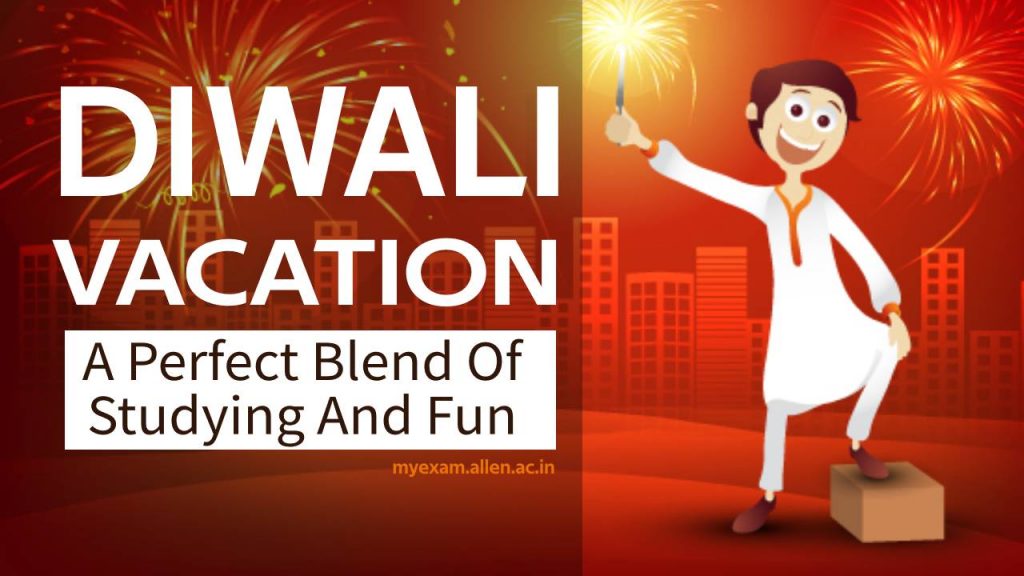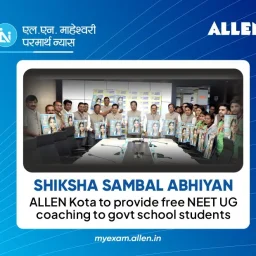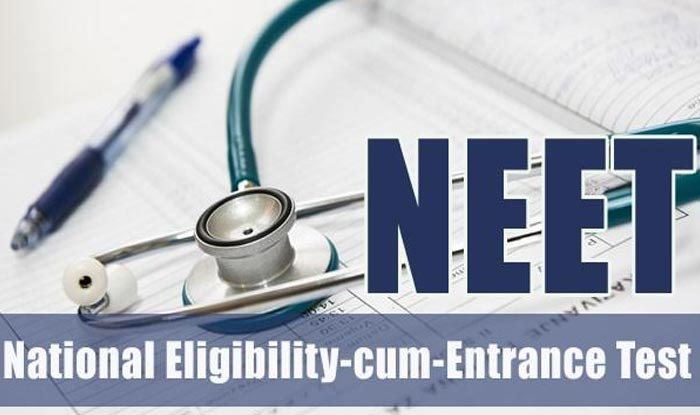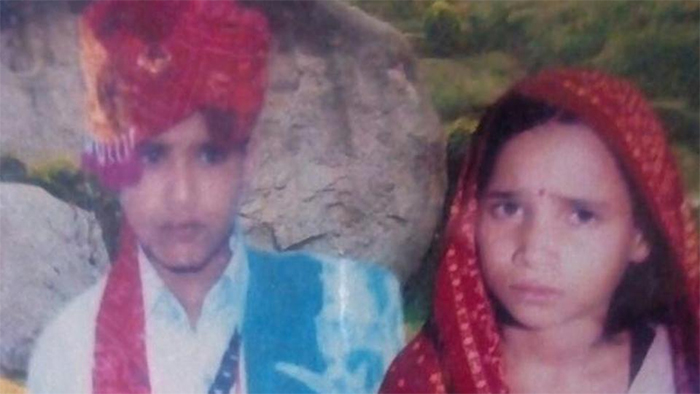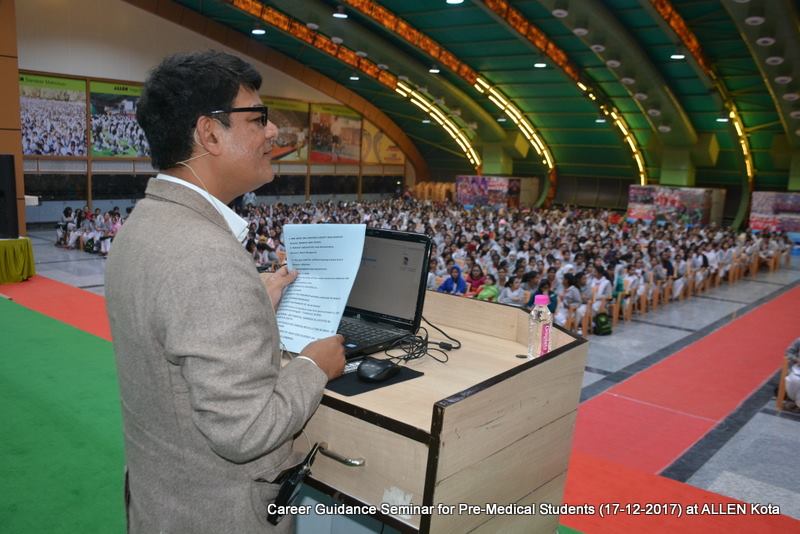How JEE & NEET Aspirants Can Balance Festivities and Preparation
Diwali is here again, the season when homes sparkle with lights, streets echo with firecrackers, and kitchens are filled with the aroma of delicious sweets. It’s a time for joy, family gatherings, and celebrations. Whether you are a student, a professional, or a grandparent, everyone eagerly looks forward to the Festival of Lights.
But for JEE and NEET aspirants, Diwali vacations often come with a dilemma—how to enjoy the festivities without losing focus on studies? The good news is, with the right strategy, you can do both. Instead of treating this break as a distraction, use it as an opportunity for smart revision.
Here’s a Diwali study plan inspired by previous years’ toppers that will help you stay on track while enjoying the festival.
1. Six Hours of Self-Study Daily
During Diwali break, dedicating 6 hours of self-study is enough to maintain consistency. The trick is to divide it into two slots:
-
- Morning Study Slot (3–4 hours): Early mornings are the most productive. Your mind is fresh, energy levels are high, and distractions are minimal. This makes it the perfect time for grasping difficult concepts and problem-solving.
- Evening/Daytime Slot (2–3 hours): Use this time for lighter revision, solving practice papers, or preparing short notes.
The focus should always be on quality study sessions, not just long hours.
2. Quality Over Quantity
One mistake students often make during holidays is rushing through multiple chapters. Instead, pick one chapter a day and revise it thoroughly. Spend around 2 hours per chapter and prepare concise notes alongside.
If you stick to this routine, by the end of a 7-day Diwali vacation, you can revise at least 14 chapters with short notes ready for final preparation. This will give you a strong edge before the exam season.
3. The Power of Short Notes
Short notes are every topper’s secret weapon. They not only save time during final revision but also boost memory retention.
How to Prepare Short Notes Effectively:
- Use an A4 size sheet for each chapter.
- Write down important concepts, formulas, and key properties.
- Include 1–2 sample problems that reinforce the concept.
- Keep it clear, crisp, and easy to scan for revision before exams.
By investing just 45–55 minutes per chapter, you’ll have a ready-made toolkit for last-minute revision.
4. Sleep Well to Study Better
“A tired mind is a slow mind.” During festivals, it’s easy to sacrifice sleep, but for students preparing for competitive exams, this can backfire.
Make sure you get 7 hours of proper sleep daily. Rest not only refreshes your brain but also helps you retain what you study. After all, the goal of Diwali break is to recharge—both mentally and academically.
5. Celebrate Without Guilt
At the end of the day, Diwali is about creating memories with loved ones. Don’t completely isolate yourself from the celebrations. Wear your favorite festive outfit, enjoy sweets guilt-free, and spend time with your family.
Festivals bring happiness, and a happy mind studies better. Once the break is over, you’ll return to your preparation with renewed motivation and focus.
Final Thoughts: Study Smart, Celebrate Hard
Diwali vacations are not meant to stress you—they’re meant to refresh your mind and strengthen your preparation. By following this simple strategy of 6 hours of smart study, focused revisions, and short notes preparation, you can strike the perfect balance between celebration and academics.
So this festive season, enjoy the lights, sweets, and laughter—but also take a step closer to your dream of cracking JEE or NEET.
Wishing you a very Happy and Prosperous Diwali!
FAQs on Diwali Vacation Study Plan
Q1. How many hours should JEE/NEET aspirants study during Diwali vacation?
A student should devote around 6 hours daily—3–4 hours in the morning and 2–3 hours later in the day.
Q2. Can I enjoy Diwali and still prepare for exams?
Yes! With proper time management, you can enjoy the festival and revise key chapters without stress.
Q3. What is the best way to revise during a short break like Diwali?
Focus on one chapter per day and prepare short notes. This makes revision efficient and effective.
Q4. Are short notes really useful before exams?
Absolutely. Short notes act as a quick reference guide and save time during last-minute revision.
Recommended Read:-
- A Winning Daily Routine for JEE Success
- Preparation Strategy for JEE and NEET-UG
- Study Hacks of the Toppers – Key to Success
- Tips for Students to Build a Strong Foundation
- Tips To Boost NEET UG Scores: A Comprehensive Guide
- Benefits of Daily Routine for Success in JEE and NEET
- NEET-UG 2024 Examination – Everything You Need To Know
- Tips to Overcome Procrastination in JEE and NEET Preparation
- Tips To Avoid Stress & Anxiety in JEE and NEET UG Preparation
- Nurturing Positive Mindset During JEE and NEET-UG Preparation
- Tips To Improve Concentration For JEE and NEET UG Preparation
- The Ultimate Guide To Acing NEET-UG: Best Preparation Strategy
- Avoid 10 Common Mistakes During JEE Main Preparation For Success
- Navigating NEET-UG: A Guide To Avoid Common Preparation Mistakes
- Cracking The Code: A Guide To Achieve 100 Percentile in JEE Main 2024
- Mastering Time Management: Tips for Competitive Examination Preparation
- Tips For Competitive Exam Aspirants to Keep Social Media Distractions At Bay


